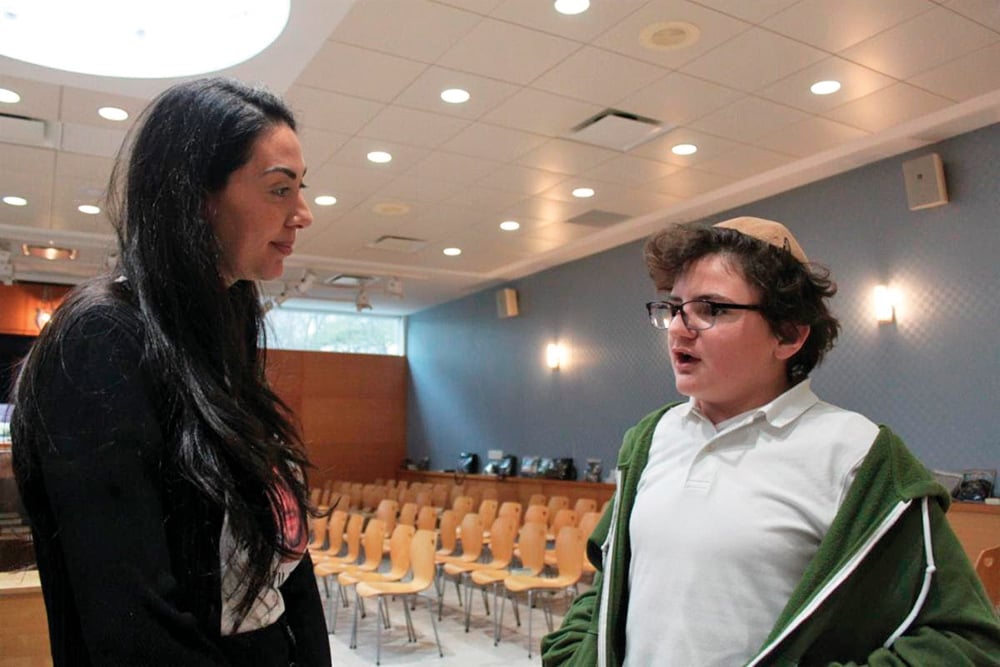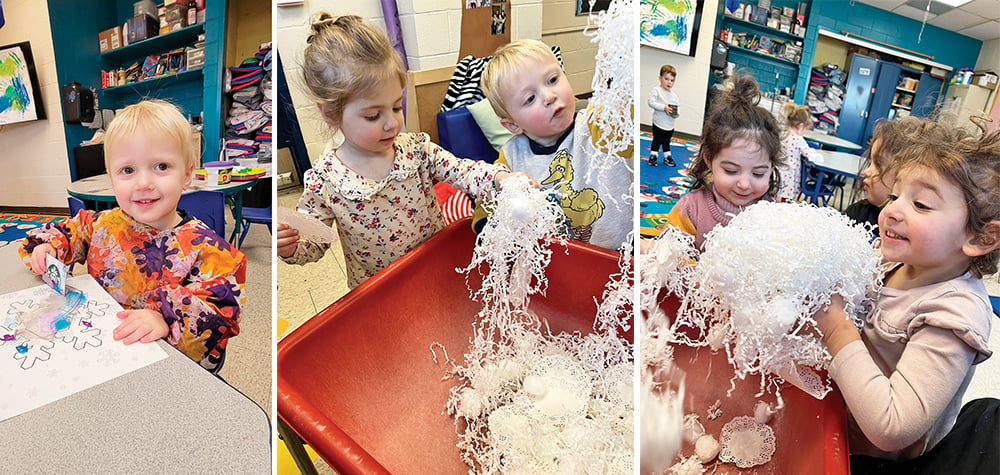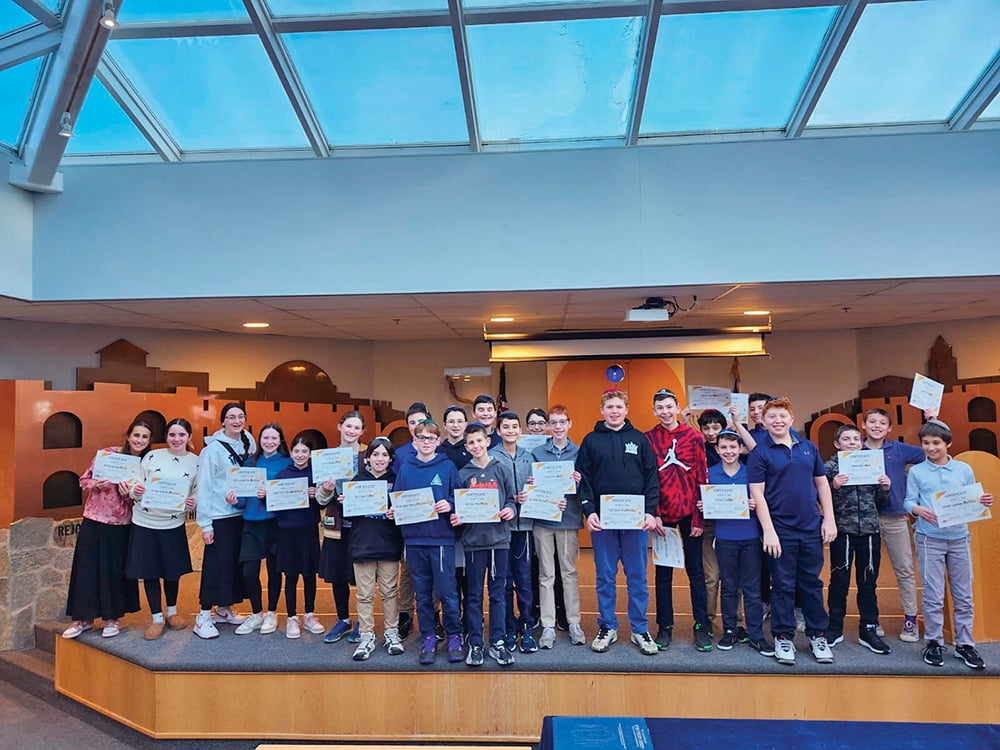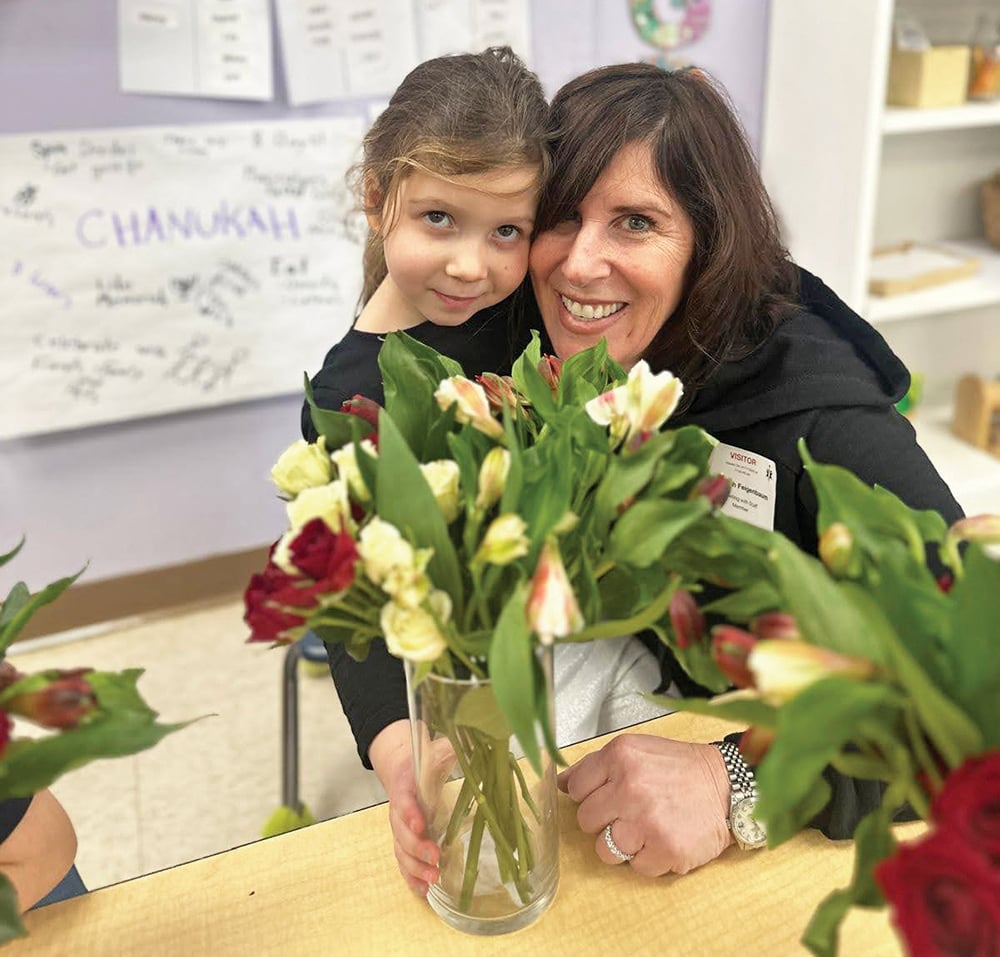Meet Elky Ogorek Willner: Bais Yaakov graduate, busy mother of three, senior court attorney to a New York State Supreme Court justice, Criminal Term, and… kriah enthusiast. Her day job consists of sitting through felony trials and assisting her judge in deciding whether crucial evidence and testimony is admissible and what the maximum and minimum sentence is for a convicted criminal. But her free time—that is devoted to her passion for promoting proper pronunciation in tefillah.
Let’s back up and see how she got there, and the interesting twists and turns along the way.
While Elky’s parents were both Holocaust survivors, Elky recalls having a happy upbringing. Every minute her father was not working was spent learning—either at the kitchen table, where there was always something delicious and aromatic in the oven, or with his chavrusa at the dining room table. Her mother’s greatest pleasure was feeding her family and guests, and their door was always open.
After brief stints working with other judges for a short time, she was paired up with the justice she works for now, Justice Gilbert C. Hong, New York State Supreme Court, Criminal Term. When Elky was still working for Judge G., in 1997, Elky got a call from her husband, who was working in telecommunications. He informed her that his company was looking for a tech person to represent the company on a major project. There was one hitch—the position required a relocation—to Israel.
So, the Willners moved to Israel where they lived in Petach Tikvah for two years. In Israel, Elky volunteered in a hospital, and tutored students in English. “Those two years were the best two years of my life.” Their two older children were in first and third grades, and they were learning to read and write and to daven. Elky recalls: “It was an eye opener for me hearing them daven. I was hearing the words of the tefillos being pronounced differently than I had learned them—properly for the first time.
Elky finds that there are those who argue that how they pronounce the words is not important, since Hashem knows what’s in our hearts, and those who wholehearted agree with Elky that proper pronunciation in tefillah is crucial.
Elky provides one example of where the emphasis makes a difference: In shema, if you (mis)pronounce the word “v’aHAVta” it means and you loved (Hashem), in the past tense; if you pronounce it, properly, as “v’ahavTA”, it means and you shall love (Hashem) as a present and ongoing command. It is a subtle but important difference.
Regardless of the water throwers, and never one to give up, Elky, with her team, has continued to work on the project tirelessly. In order to test the waters, and to promote the concept of proper pronunciation in tefillah, the team decided to detour from the huge project of producing a full siddur and come out with a few shorter projects, including a beautiful two-sided laminated bencher, a practical four-sided shema card meant to be kept in your personal siddur to assist in the pronunciation of this important tefillah and a 60-plus page Birkone Shabbat, which includes sheva berachot, tefillat haderech, bris milah, and kriat shema al hamitah. Elky hopes, that “B’ezrat Hashem, a full siddur will be completed shortly.”
Even with a team of experts, proofreading grammar is challenging. “After working meticulously on the Birkone Shabbat for over a year, we had a first run printed for my niece’s wedding in November. It looked amazing. However, since it was printed, further review revealed another 30 or so errors! They were corrected, reviewed again, and yet again, and we finally went to print the last week in June. They came out gorgeous and are being sold in holders in sets of 4, 6, 8, 10 or 12. I wanted to offer different-sized families different options.” Elky wants everyone using the tefillah cards to realize that every single word was reviewed and where a challenge was raised the word was researched and debated. Elky uses her legal skills to preside over the debates and encourage reconciliation. The team’s grammarian, Rabbi Chaim Fuhrer, has the last word.
When I asked Elky how the seemingly disparate parts of her life mesh together, she thought and then replied: “It’s not a mystery at all! An effective lawyer chooses his/her words with great care and will practice to make sure that the words are clear and effective. So, too, a baal tefillah representing the kahal, or a person presenting his/her own case to the Ribono Shel Olam (kiviyachal) should want to speak clearly and properly to ensure: Verdict: Not Guilty, or Motion: Granted!”
“When one properly enunciates the words and its letters, he stirs all the upper worlds which rest upon it” Yesod v’Shoresh Haavodah; 3:2.
For information on how to obtain the tefillah cards referred to in this article, please contact Elky Willner at [email protected].
By Jewish Link Staff













